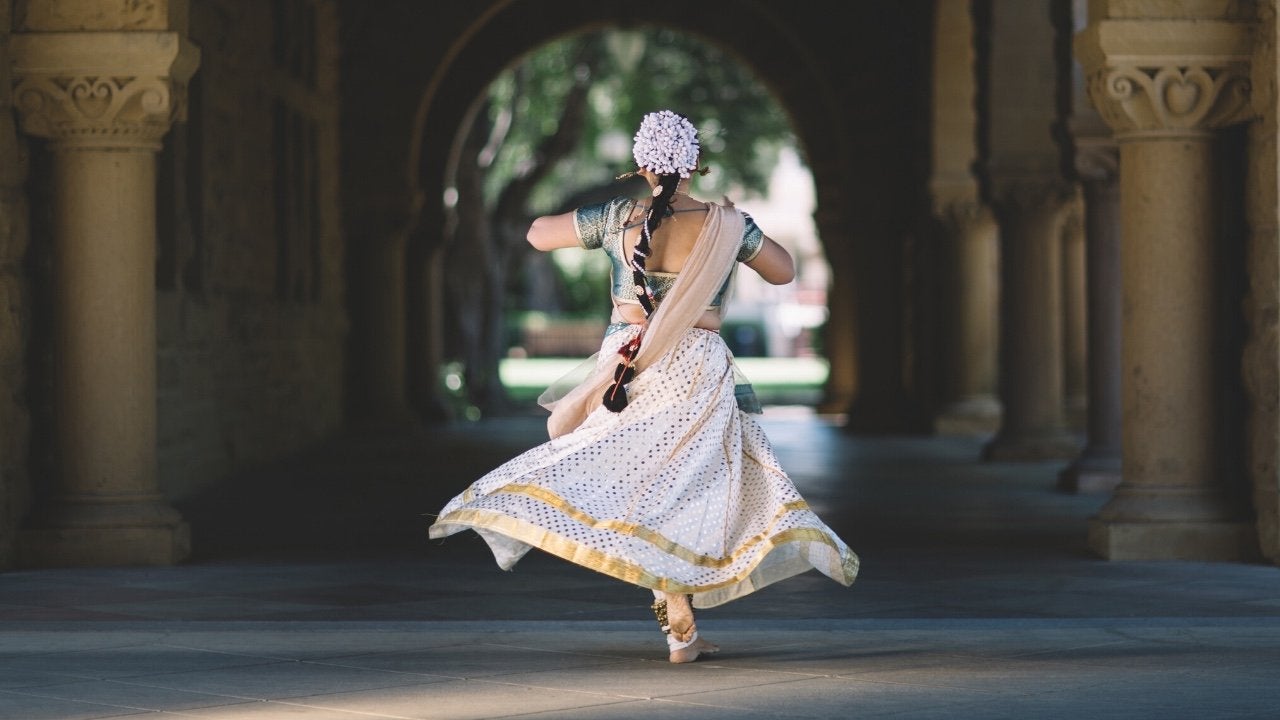Perched on the highest tier of my dorm desk, Indian Barbie has watched my transition into my first year of undergrad. Draped in a ravishing magenta sari with gold detailing and embracing mehndi-covered tan skin, Indian Barbie was a last-minute addition to my carload of things to lug along to college. I’m not exactly sure exactly what urged me to bring her to college, but I am so grateful I did. She represents the elegance, resilience, and unparalleled eminence that come with being an Indian woman. Still a budding young woman, I am discovering what it personally means to me to be an Indian woman, specifically an Indian woman with ancestry rooted in the state of Maharashtra. As I approached this year’s National Women’s History Month, I decided to highlight a few historic Marathi women that could inspire and remind me of the virtues that Indian Barbie and Indian women everywhere hold.
Anandi Gopal Joshi
In 1887, Dr. Anandi Gopal Joshi became the first female physician trained in Western medicine in India. A Marathi revolutionary, Joshi was married at the young age of 9. Surprisingly, her husband was adamant about her pursuing higher education and sought to educate Anandi in their home. Upon losing her child 10 days after his birth, she set her mind on becoming a doctor and sought to create a safer space for women in labor. With assistance from her husband and female guardian angels in the States, Anandi eventually made it to the Women’s Medical College of America in 1883 at the ripe age of 19. She finished her medical degree in 1886, received international congratulations for her accomplishment, and was appointed the physician-in-charge of the Women’s Ward at the Albert Edward Hospital in Kolhapur, Maharashtra. Unfortunately, she passed away the following year; however, she remains an inspiration to Marathi women everywhere. Dr. Anandi Gopal Joshi advocated for women’s healthcare and education, never fled from a challenge, and ultimately persevered through the oppositions of society with grace.
Jijabai Shahaji Bhosale
Giving birth to the founder of the Maratha Empire Chhatrapati Shivaji Maharaj, Jijabai was essentially the mother of Maharashtra. A skilled warrior and administrator, Jijabai served as the queen’s regent in her son’s empire and endured against the Mogul Empire. When arriving at the jungle that is now present-day Pune, Maharashtra, Jijabai established a farming structure, refurbished the Kasaba Ganapati temple, and served as a bureaucratic diplomat. Behind every powerful man, is an even more powerful woman, and without Jijabai, the Maratha Empire would now have advanced and thrived under Shivaji’s rule. Most importantly, she inspired and established Shivaji’s swaraj or self-governance, instilling him with a sense of moral obligation and endurance, and ultimately allowing him to become one of the greatest leaders in Indian history.
Women like Anandi and Jijabai inspire pride and appreciation for my identity as a Marathi woman. Now, every time I catch a glimpse of Indian Barbie on my desk I see Anandi, Jijabai, and millions of other inspirational Marathi women in her. She retains my sacred identity, pushing me to live my life so as to uphold the grace, tenacity, and fortitude of being a Maharashtran Indian woman. I hope Indian Barbie is there to watch me grow and prosper as the woman that figures like Anandi and Jijabai intended for me to be.




